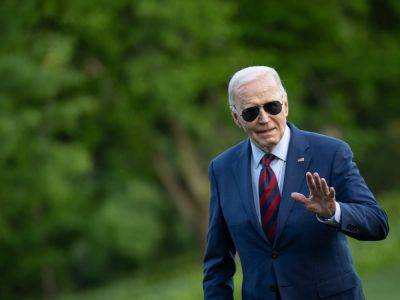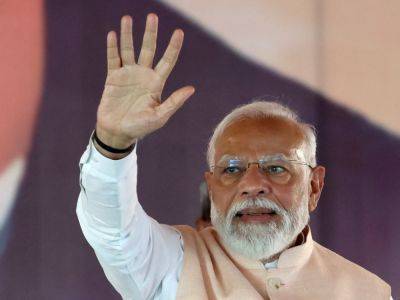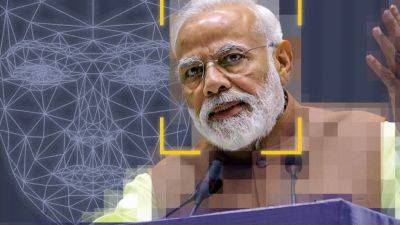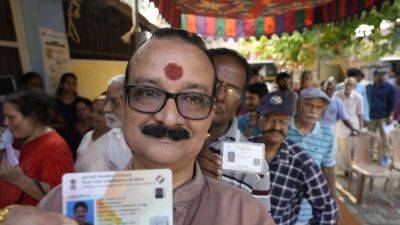India election: with Modi’s BJP ‘hell-bent’ on a massive win, secularism hangs by a thread
Nearly 970 million people are eligible to cast their votes in India’s 18th general election. About 11 million election workers will be deployed to ensure smooth voting at more than 1 million polling stations. This year’s election-related expenditure is expected to surpass the US$8.7 billion spent at the previous polls in 2019.
For Modi, who sold tea at railway stations to make ends meet in his childhood, this election holds the potential to solidify his legacy as leader. The 73-year-old began his half-century political career as a foot soldier for the Hindu nationalist paramilitary group Rashtriya Swayamsevak Sangh, followed by a 15-year stint in the upper echelons of his ruling Bharatiya Janata Party (BJP).
His electoral success has been formidable, not once facing a major defeat in any of the past three decades. If victorious, Modi would equal the three-term record of India’s first prime minister Jawaharlal Nehru, who was in office from 1947 to 1964.
“We got a hint of what’s at stake in this election in Mr Modi’s final speech in the last session of parliament,” said Arati Jerath, a Delhi-based political commentator and veteran journalist who expects Modi to overhaul India’s political system if he stays in power.
“Modi told the parliament to expect big decisions in the third term but didn’t spell out the specifics,” she said.
“That’s why Modi is so hell-bent on this figure of 400. He needs that brute majority in the parliament to implement his agenda,” Jerath told This Week in Asia.
Modi’s political juggernaut will face a stern test from a coalition of more than two dozen parties, mostly from the centre-left of the ideological spectrum.
Dubbed the Indian National Developmental Inclusive Alliance (INDIA), the bloc is anchored







